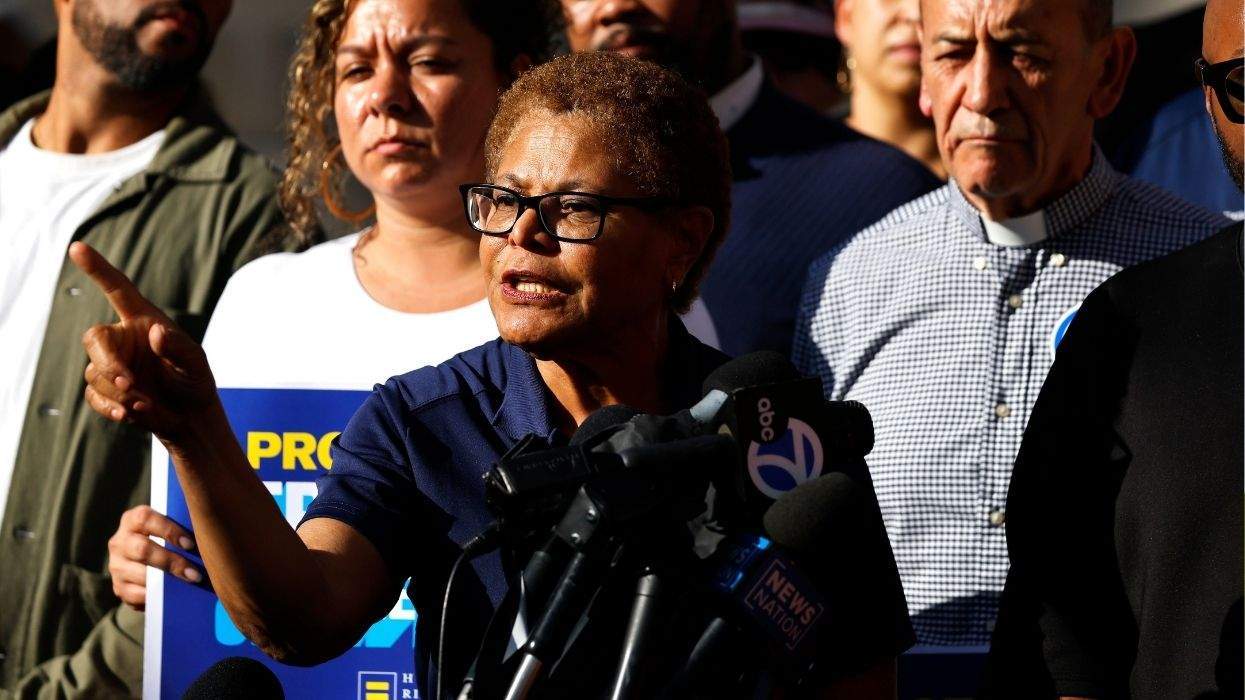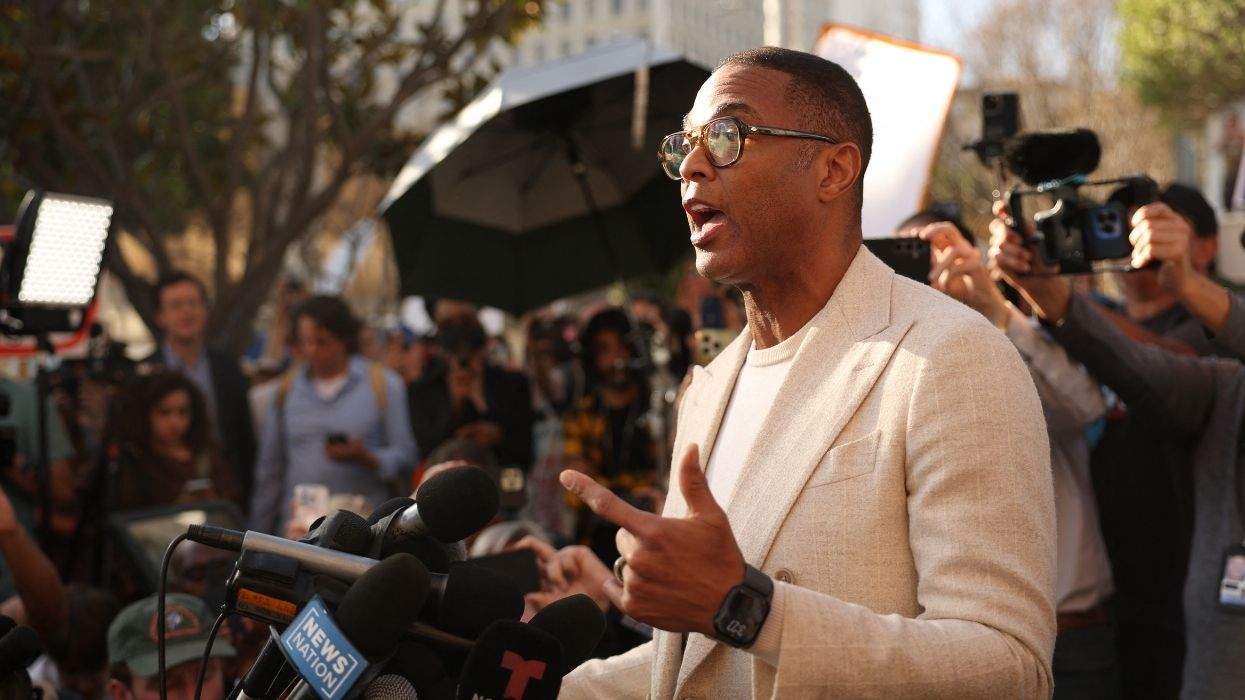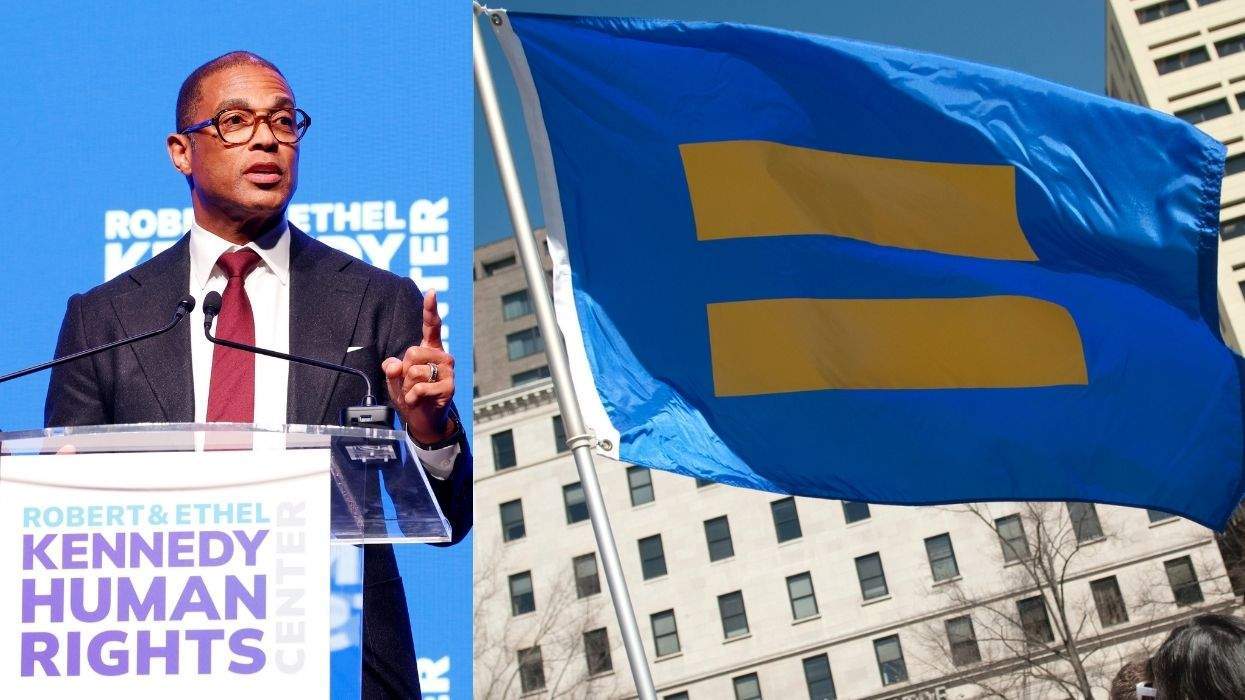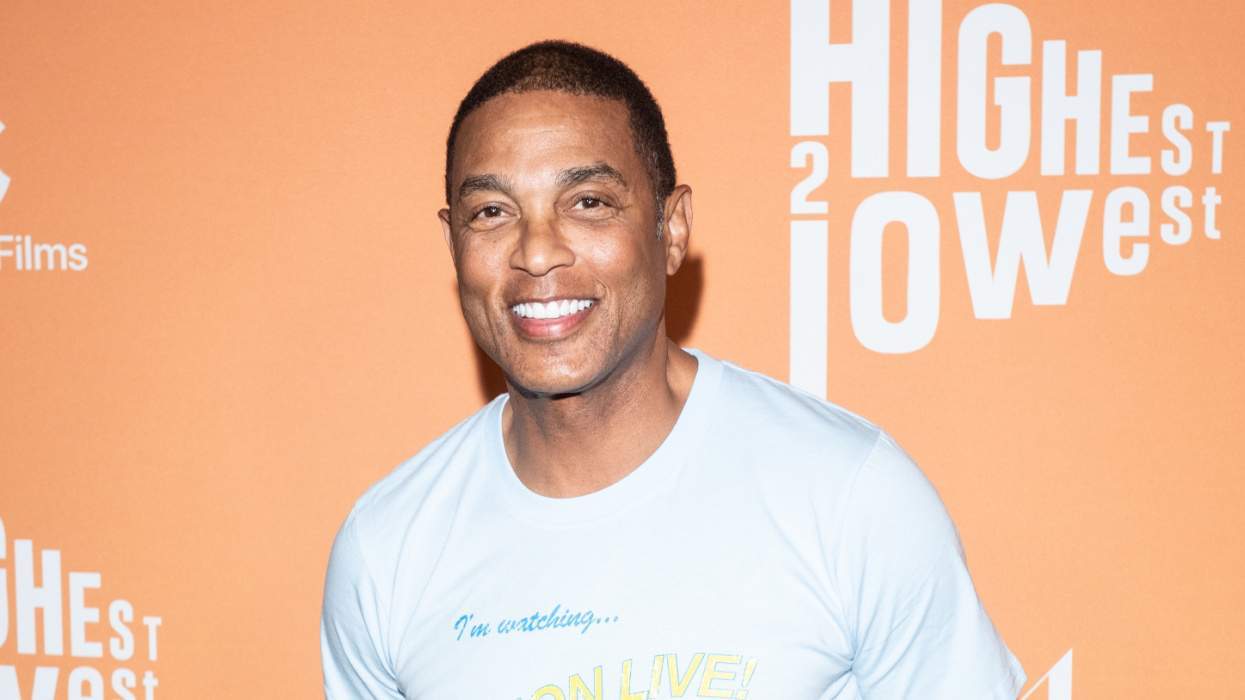The Salem witch trials are being repeated in central Africa, and this time queer people are accused of sorcery.
In Cameroon, where many people believe in witchcraft, families are dubbing their LGBTQ children witches and trying to "cure" them through torture, rape, and murder, Reuters reports.
One such victim is Viviane, who was raised to believe her same-sex attraction meant she was bewitched. Her family's response: to chain her to a wall to be raped by a man who they forced her to marry.
"I didn't see girls like everyone else -- I thought it was a bad spirit that had invaded me," she told the Thomson Reuters Foundation. "So I started praying to make it go away."
But for her relatives, prayer was not enough. When she was 18, her family found romantic text conversations between her and her girlfriend. Her aunt and brothers dragged her to a witch doctor, who performed a "cleansing" ritual in which she was forced to drink potions made of chicken blood potions and had a hot pepper shoved up her anus.
The family's pastor, who had already two wives, suggested that if he married Viviane it would repair the family's reputation.
"There was no discussion about it," Viviane explained. The pastor gave her relatives a dowry for her hand before she even knew she was engaged. "To them, I was like a necklace they sold."
Viviane was chained to a wall, where the pastor raped her, a crime for which he could never be prosecuted. "A pastor in Cameroon is like a god. God can't rape. And if you accuse him of rape, you're the devil," said Viviane, who eventually fled the country.
She now lives in France, where she found asylum with the help of her girlfriend.
Back in Cameroon, so-called dark magic is illegal, as are same-sex relationships. But authorities turn a blind eye toward families who believe their queer kids are witches. They freely consult sorcerers, who recommend such measures as "corrective rape" and ritual sacrifices to "cure" homosexuality.
Viviane's experience of being punished for her sexuality is not uncommon. Between 2010 and 2014, at least 50 Cameroonians were convicted of violating the ban homosexual acts, an offense that carries a five-year jail sentence, reports LGBTQ advocacy group CAMFAIDS. The charges arose from acts such as cross-dressing and a man texting the phrase "I love you" to another man.
Anti-LGBTQ violence is also widespread. According to Humanity First Cameroon, 600 antigay attacks were reported in 2017, and one-fifth of lesbians and one-tenth of gay men say they were raped. With an unknown number of unreported incidents, the total number is likely even higher.
Frederique, a 33-year-old lesbian who was gang-raped in Cameroon in 2016 after leaving an LGBTQ workshop in the country's capital, Yaounde, is among the few to speak out.
Her taxi driver stopped, picked up another man, and drove her to a desolate part of the city where the two raped her. During the attack, they called her a lesbian and a witch.
"They kept shouting that I deserved this punishment, that they were correcting me," Frederique told Reuters. "If I had reported it, I would've been seen not as a victim but rather as someone who deserved what had happened."
In order to survive, Cameroonian lesbians live in secrecy, going so far to call each other by code names and frequently change their public meeting places.
"We continue to fight on, even though we're doubly discriminated -- first as women, secondly as lesbians," Frederique said. "I didn't want other girls to go through this, for them to be a victim like me. I wanted to denounce the perpetrators so that it stops."
However, LGBTQ activism comes at a cost in Cameroon.
The previous head of CAMFAIDS, Eric Ohena Lembemde, was murdered in 2013. He was found with his neck broken and face seared with an iron, reports Human Rights Watch.
The current head of the organization, Michel Engama, told Reuters that CAMFAIDS cannot guarantee safety for its activists. He himself regularly receives death threats.
"It's a real war waged against us," he said. "But we will keep fighting until they are tired. ... No one will give us freedom. We have to take it."















Charlie Kirk DID say stoning gay people was the 'perfect law' — and these other heinous quotes
These are some of his worst comments about LGBTQ+ people made by Charlie Kirk.